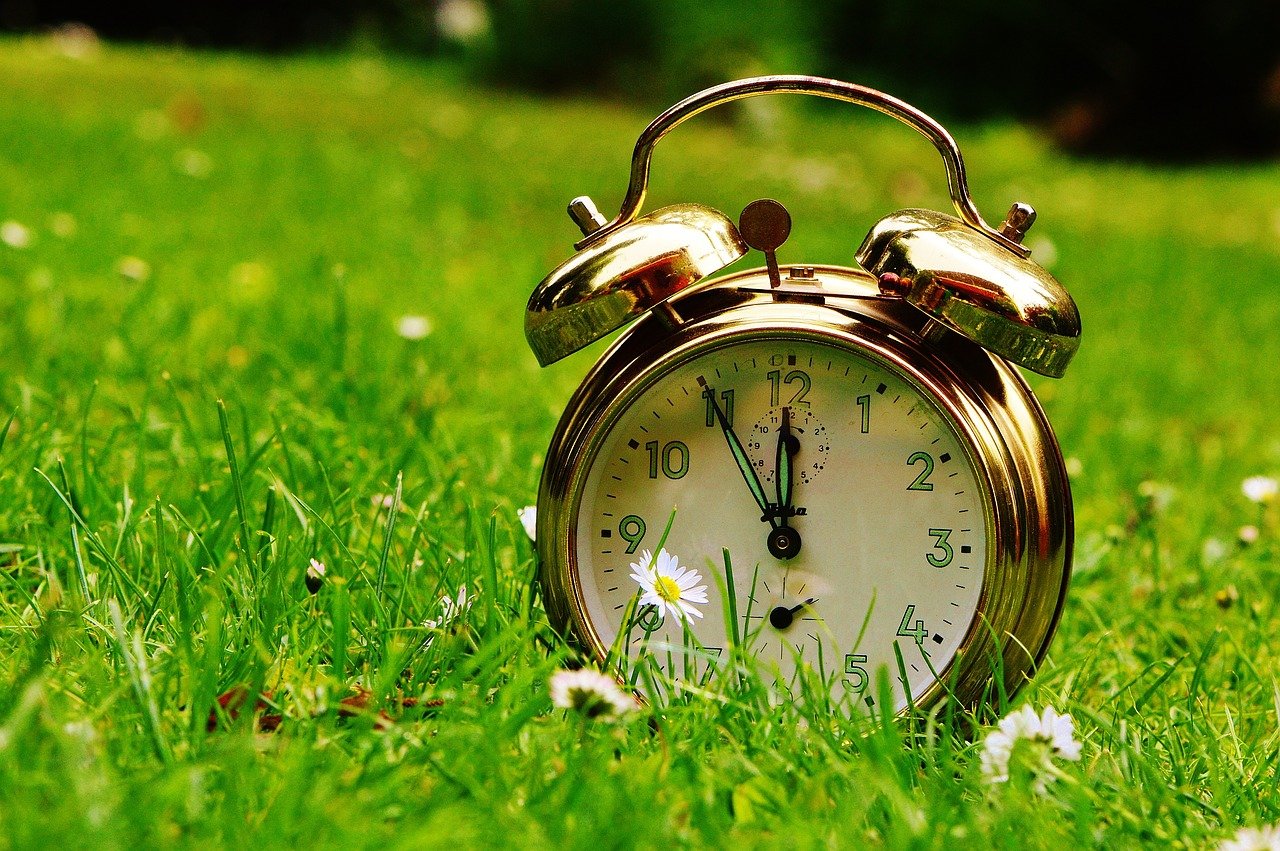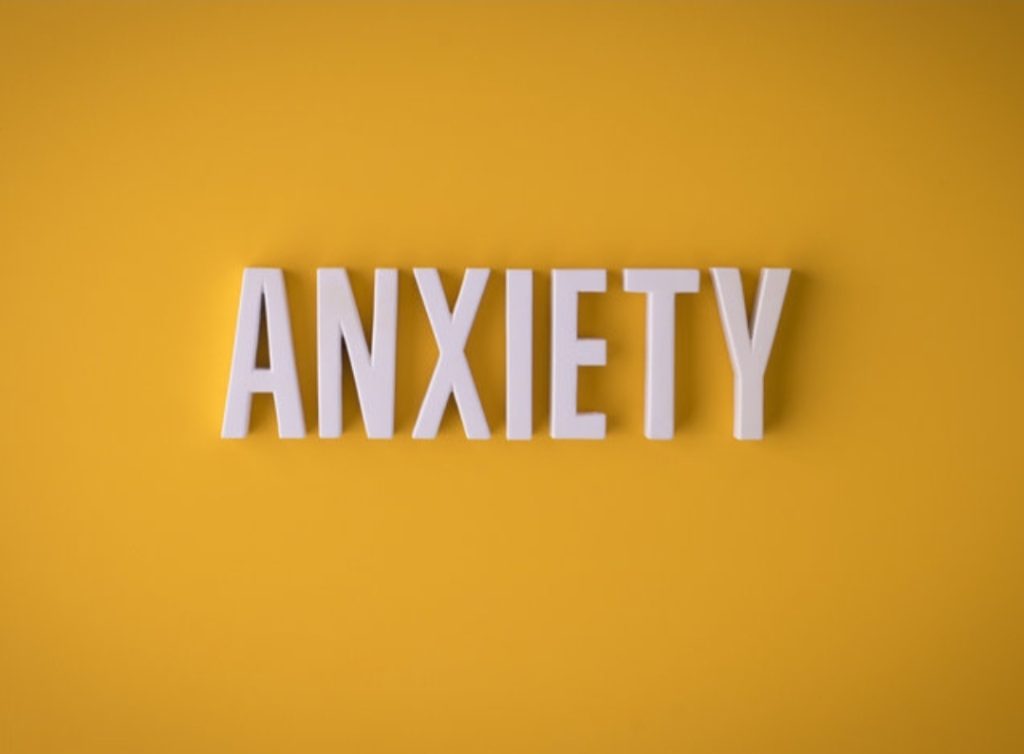You wake up Monday morning seeing the sunshine through your blinds and hear your alarm clock blaring. You blink a couple of times and immediately close your eyes, sensitive to the pulsing cluster headache, and want to go back to sleep. You remember now that you didn’t fly into a new time zone the night before, instead, you just lost an hour of sleep because of Daylight Savings.
Sunday, March 14 marks the 55th year that the US will have annually used Daylight Savings Time (DST). It was originally enacted to help conserve energy and natural light as well as protect the environment. Although honorable and necessary reasons, the negative effects on people have the stronger argument for many to do away with DST for good. When we set our physical and biological clocks one hour forward in spring, we are causing a circadian misalignment 8 months of the year. The Sleep Foundation says there are significant psychological and physical effects, like “upticks in heart problems, mood disorders, and motor vehicle collisions” that sensitive people may need more than one day to recover from. 34 States are standing up for their citizens’ well-being and over the last few years passed legislation to eliminate the time change. Now they are just waiting for approval (Newsweek).
Since DST doesn’t seem to be going away any time soon, there are ways to prevent that Monday morning irritability and grogginess.
- Although it takes some commitment, this is one of the best actions you can take. Slowly wake up earlier in the mornings by 15-20 minutes for about two to three days before DST. On Saturday night, add an additional 15-20 minutes back when setting your alarm clock. Because we lose about 40 minutes of sleep during this transition, this practice will prevent the jarring change that affects your quality of sleep.
- Whether or not you go to bed earlier in anticipation of the transition, stay away from caffeine and alcohol for at least three hours before you go to bed Saturday night. These drinks will negatively impact your ability to easily fall asleep and stay asleep.
- Using some relaxation techniques before bed on Saturday will also be helpful, especially if you are going to bed early. You can do things like a gentle yoga flow, drinking chamomile tea, reading a book, or spraying or diffusing lavender essential oil. Challenge: Try using these techniques on any night of the week, not just for DST!
- Even if you did get at least 7 hours of sleep Saturday night, having a quick 20-minute nap Sunday afternoon is a healthy way to get some extra sleep to be more alert and rested for the rest of the day.
- On Sunday morning, get outside in the sunlight and do some movement, like taking a walk. The bright light and sweat will help dim the melatonin that makes you want to curl up back in bed for another hour.
No matter how you make the transition easier on Saturday night, this is a great time to reevaluate your daily sleeping habits. Who says these techniques are limited to resetting only your clock?
Our Her Nexx Chapter Community invites you to join us where women are connecting with each other’s stories, exploring different experiences, and transforming ideas.
The Future of Connection for Women
- Castor Oil Packs: Do They Live Up to the Hype? - February 6, 2024
- Making a Global Impact with Your Morning Coffee - November 29, 2023
- Removing Shame Around Uterine Fibroids: An Interview with Dr. Soyini Hawkins - October 16, 2023
Follow us:







